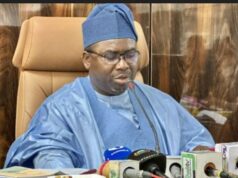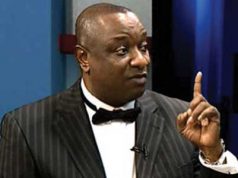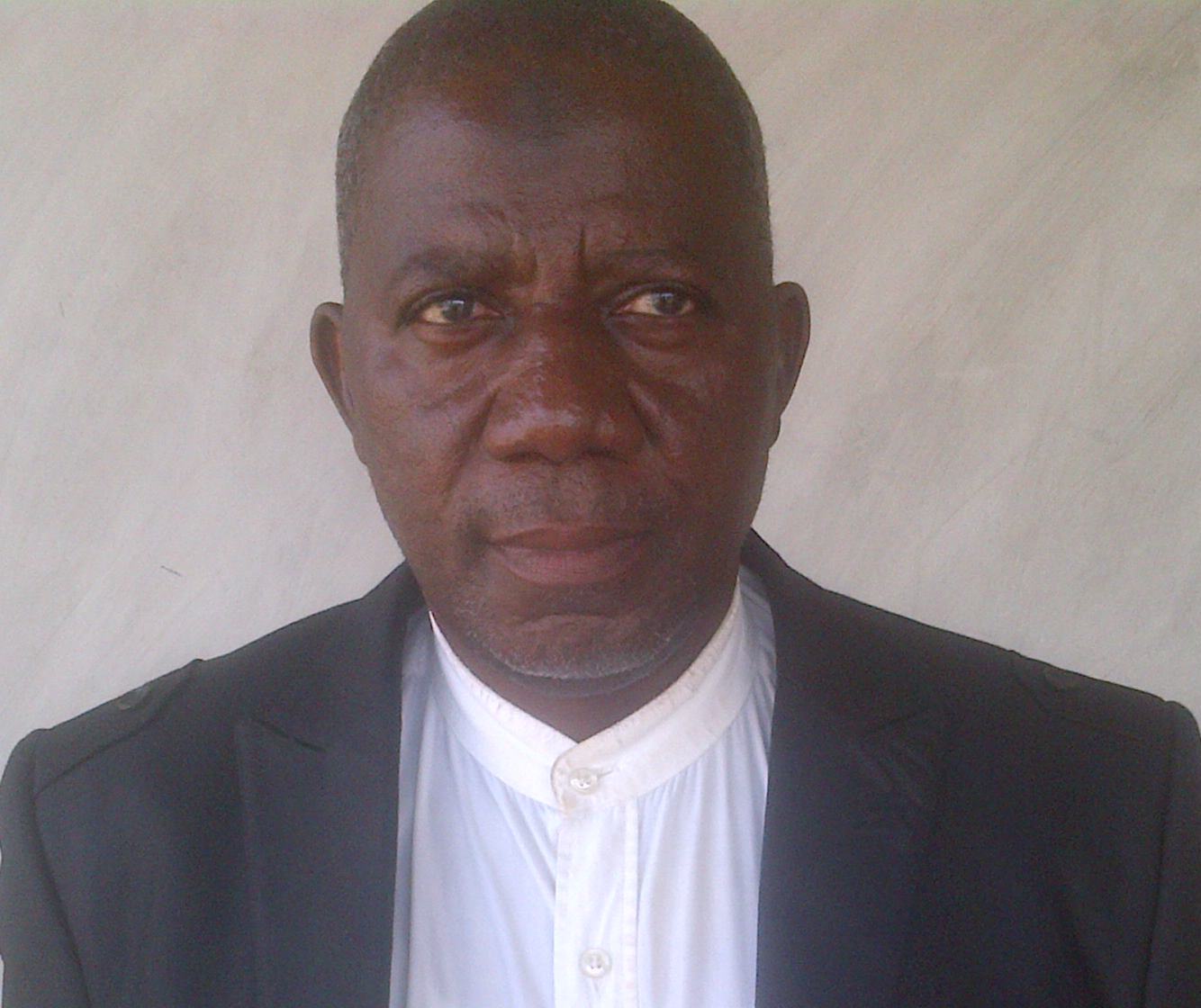
In 1978, Deng Xiaoping became China’s pre-eminent leader at 74. Before leading China, Deng had cut his teeth in the army, helping it grow into a military machine during the Communist Revolution in the 1940’s. Though initially praised for his role by Chairman Mao, he fell out favour during the 1960’s because Mao considered him too self-centred; was stripped of all his posts and exiled to a rural province to be re-educated. Deng eventually made a political comeback after Mao’s death and started downgrading Mao’s legacies and opened China to globalization.
He was not a flawless leader; the Tiananmen Square Massacre happened under his watch and he also instituted the radical policy of limiting families to “one child per couple” to stem the rising population. However, his most important legacy is laying the foundation for China’s economic boom with forward thinking reforms. He opened China to international trade and introduced reforms in agriculture and industry that improved the overall standard of living and triggered a period of sustained economic growth.
The similarity with the Deng story is a major reason I am supporting Muhammadu Buhari to become Nigeria’s next President despite his history of being a military ruler whose government signalled in the end of democracy in 1983, or a perception of being driven by ethnic sentiments and religious bigotry. I strongly believe he is the leader for the Nigeria of today, and that a government under his leadership will create the foundation for a sustained period of economic growth and development.
The next five points summarize why I’m batting for the Buhari/Osinbajo ticket to win the 2015 presidential election. Here goes…
Nigeria has lost between $20 billion and $30 billion in the last two years to oil sector corruption alone, an amount equal to the Federal budget in 2013 ($31.7 billion). With this in mind, anti-corruption is the most important agenda for him during this election season. While it is obvious that one man cannot solve this problem, it is useful studying how Georgia managed to reduce corruption significantly when President Mikheil Saakashvili took over the government in 2004. If you read the comment below, you will understand why Muhammadu Buhari’s credibility is a great asset in the battle to minimize corruption.
This document here is a great read on how Georgia successfully fought corruption. If you can’t read the complete report, the summary is pretty simple – If a country’s leadership shows zero tolerance to corruption, the business community and citizens will fall in line. In Georgia’s example, the radical policies not only reduced corruption, they improved government’s credibility which increased tax collections. This is my biggest reason for asking voters to vote Muhammadu Buhari into office with a majority at the National Assembly.
What can others learn from Georgia’s success? Leadership and political will are all important. So too is establishing early credibility. In early 2004, the government thought it had 8 months to get quick results. Most famously, 16,000 traffic police officers received their waddling orders overnight. In an effort to sustain public support, attention grabbing symbols matter.
The All Progressives Congress (APC’s) overall ideology is the right one for today’s Nigeria. A “left of the centre” party will ensure social welfare programs which are badly needed in Nigeria today, protect workers and provide equal opportunities in the society. If you don’t belong to a group of Nigerians benefiting from Government patronage, this is the right party for you.
While there are legitimate concerns around the size of such governments and its impact on free markets, an APC government will provide a fine blend of grey matter to balance the impact of its policies on business and the cost of governance. Within the party, there are people like Nasir El-Rufai who led a lot of the privatization of public assets at the BPE; Ben Akabueze who has brought his banking experience to the public sector and ensures Lagos State delivers on an ambitious development plan; Olawale Edun, who led the diversification of Lagos State’s revenues between 1999 and 2007; and of course, Yemi Osinbajo, who is credited for reforming the Lagos State Judiciary during his term as the Attorney-General and Commissioner of Justice.
This is a stellar cast of grey matter that will thrive under a Buhari Presidency. If there is one thing we have learnt from Buhari’s record of leadership, it is clear the man has no problem delegating responsibility where competent lieutenants are available.
James Carville might remain relatively unknown, but the campaign slogan he coined for Bill Clinton’s 1992 presidential campaign is now one of the most iconic campaign slogans of all time. Nigeria is now facing headwinds as oil revenues, our major income earner, might experience a sustained period of suppressed prices. There is absolutely no reason to believe a government that frittered a period of boom away will manage this lean spell properly.
In a period of reduced revenues, exchange rate depreciation and higher interest rates, voters need to be sure about the decisiveness of its leaders and the ability of government to respond intelligently to the rapid changes in the global economy.
For 16 years, Lagos State has used its share of growing oil revenues to boost non-oil collections by improving tax collections. Today, it is the only state where federal allocations contribute less than 50% of the total revenues recognized by the state. Today, while the Federal Government and many states struggle to pay salaries, Lagos State is not only meeting its obligations to employees, it is also embarking on a large-scale infrastructure projects. For those who will ask the inevitable questions on Lagos State’s debt, I already answered that here.
2015 is an opportunity to test if the relative successes seen in Lagos since 1999 can be replicated at a national level. It is also the right time to test the economic policies of both parties and their presidential candidates. Since 1999, there has never been a period where the economic credentials of our leadership team are more important than now. Will you vote the government that ensured 24% of Nigerians remained unemployed despite record-breaking revenues or the one with a clear agenda to ensure at least 5 million jobs are created per year?
This one is the clearest reasons to bat for the APC ticket. I don’t know Namadi Sambo, but the limited influence of the Vice-President suggests he doesn’t add sufficient value to Nigeria’s leadership. While the Vice-President of Nigeria might be seen as an expensive appendage, it is clear under a Buhari presidency, Prof. Yemi Osinbajo will get a lot of leverage to lead policy implementation. Like thousands, I have been exposed to the “incoming” VP’s clear thoughts on Nigeria and the solution to our underdevelopment. It is therefore exciting to finally see an opportunity for one of the finest thinkers I know to put those theories to test.
I can’t remember any Vice-Presidential candidate being so important in an election, but Prof. Osinbajo brings a lot more than religious and ethnic balance to this ticket. It is an incredible opportunity to get a proper intellectual into office especially one who has spent most of his adult life proffering solutions to his country’s problems. For those in doubt, please wait for a debate between Vice-President Sambo and Professor Osinbajo. Get your white towels ready, it promises to be a remake of that epic battle between Sugar Ray Leonard and Roberto Duran.
The Buhari running for office in 2013 is very different from the one that ruled Nigeria in 1984 or the one that ran for office in 2003. I will use two quotes from the man himself to explain. I attended a session where he sounded very sad about the Supreme Court judgement where the result of the 2007 Presidential Elections was upheld by 4 votes to 3 despite an admission of irregularities during the election. Buhari seemed surprised the judges who dissented with the majority were Justices Oguntade, Onnoghen and Aloma Mukhtar (who later became the CJN), and not the ones who came from the same ethnic origin as he did. In that moment, I suspect the strong ethnic connection Buhari had been associated with slowly dissolved, and he realised people are aligned by interests and not where their origins lie.
The second was his admission that he submitted to democracy‘s power over autocratic leadership when the U.S.S.R. dissolved without a bullet. In both admissions, it was clear that both incidents had a huge effect on him and contributed to the renaissance we are now witnessing.
The result is very interesting. For the first time since 2003, GMB has finally built a coalition with a national outlook instead of the Northern based candidacy which was never going to deliver him the Presidency. For me, his conduct during the merger that created the APC showed a man who now understands compromise is an important word in the political landscape. I don’t regret not voting for the 2003 version but the 2014 version surely has my vote in the bag.
Many ask which version of Muhammadu Buhari will show up. Is it the hard-line one that will truncate privatization reforms and increase government’s involvement on business or the one that will provide a platform for technocrats within his government to thrive? My answer lies in Deng Xiaoping’s most famous quote: It doesn’t matter if a cat is black or white as long as it kills mice. [myad]






